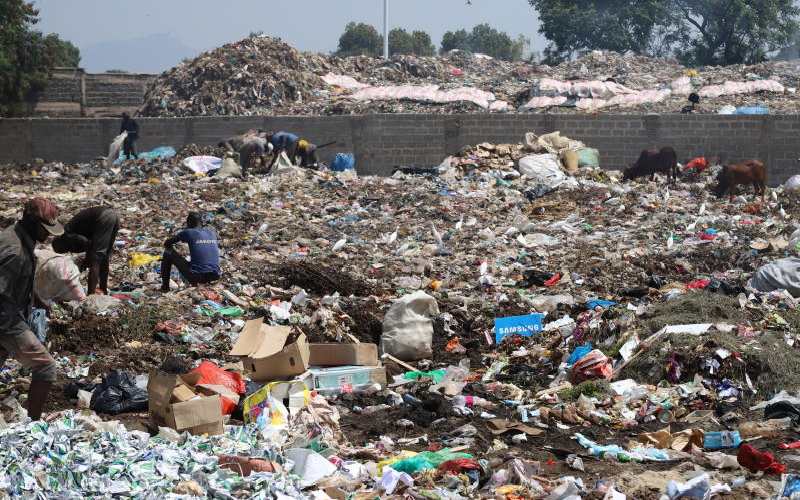×
The Standard e-Paper
Join Thousands Daily

Kenya is progressively putting in place frameworks for spurring a circular economy for waste management. [Denish Ochieng, Standard]
Along with its devastating human and economic costs, the Covid-19 pandemic has put renewed focus on sustainability. The experience of mass human vulnerability to the accidents of nature has reminded us of the need to live in harmony with the natural environment if we are to survive.